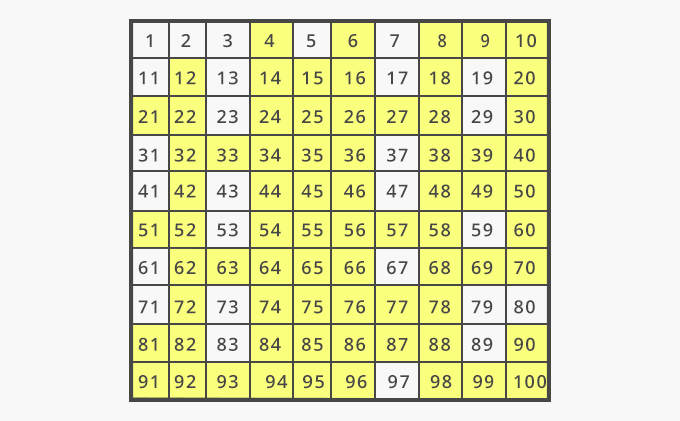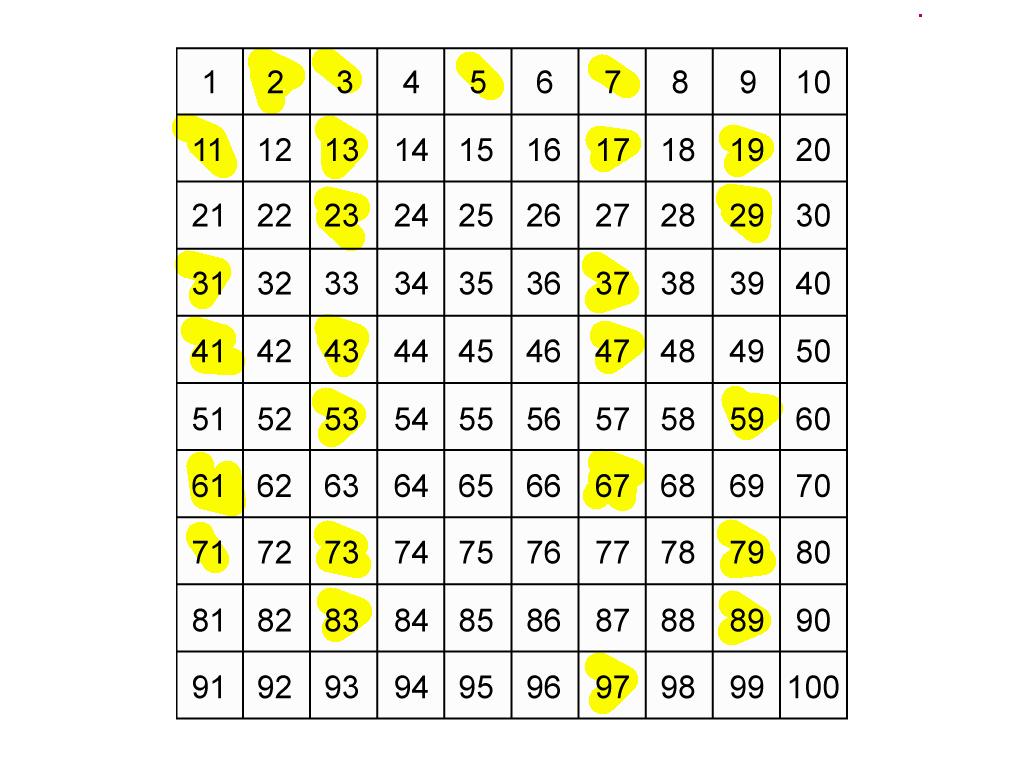

In the RSA algorithm, two large prime numbers are chosen and multiplied together to create a composite number. One of the most widely used cryptographic techniques is the RSA algorithm, which is based on the fact that it is difficult to factor the product of two large prime numbers. Therefore, the prime factorization of a composite number can be used to determine its divisors, and vice versa.Ĭomposite numbers have many practical applications, especially in the fields of cryptography and computer science.Ĭryptography is the study of secure communication techniques that protect information from unauthorized access. The smallest prime number is 2, which has only two divisors, 1 and 2.Įvery composite number can be written as a product of prime numbers, whereas every prime number can only be divided by 1 and itself. The smallest composite number is 4, which can be factored into 2 × 2. However, there are infinitely many composite numbers, whereas there are only finitely many prime numbers. A prime number is a positive integer that has exactly two distinct divisors, namely 1 and itself.Īll positive integers greater than 1 are either prime or composite. However, in the case of prime numbers, there is only one divisor, namely 1 and the number itself, so the number of divisors is always odd.Īs mentioned earlier, composite numbers are the opposite of prime numbers. This is because for every divisor d of a composite number n, there is a corresponding divisor n/d, which is also a divisor of n. For example, the proper divisors of 6 are 2 and 3, and the proper divisors of 9 are 3.įurthermore, composite numbers have an even number of divisors. This property is known as the fundamental theorem of arithmetic, and it states that every positive integer greater than 1 can be expressed as a unique product of prime numbers.Īnother property of composite numbers is that they have at least one proper divisor, which is a positive integer that divides the number without leaving a remainder, other than 1 and itself. For example, 12 can be factored into 2 × 2 × 3, and 15 can be factored into 3 × 5. One of the most fundamental properties of composite numbers is that they can be factored into a product of prime numbers. In this article, we will explore the properties and characteristics of composite numbers, their relationship with prime numbers, and some applications of composite numbers. The concept of composite numbers is essential in number theory, and it has many applications in fields such as cryptography and computer science. For example, 4, 6, 8, 9, 10, 12, 14, 15, 16, 18, 20, 21, 22, 24, and 25 are all composite numbers.Ĭomposite numbers are the opposite of prime numbers, which can only be divided by 1 and themselves. In other words, it is a number that can be divided by at least one positive integer other than 1 and itself.

Composite Number: Definition, Examples, and QuizĪ composite number is a positive integer that is not a prime number.


 0 kommentar(er)
0 kommentar(er)
